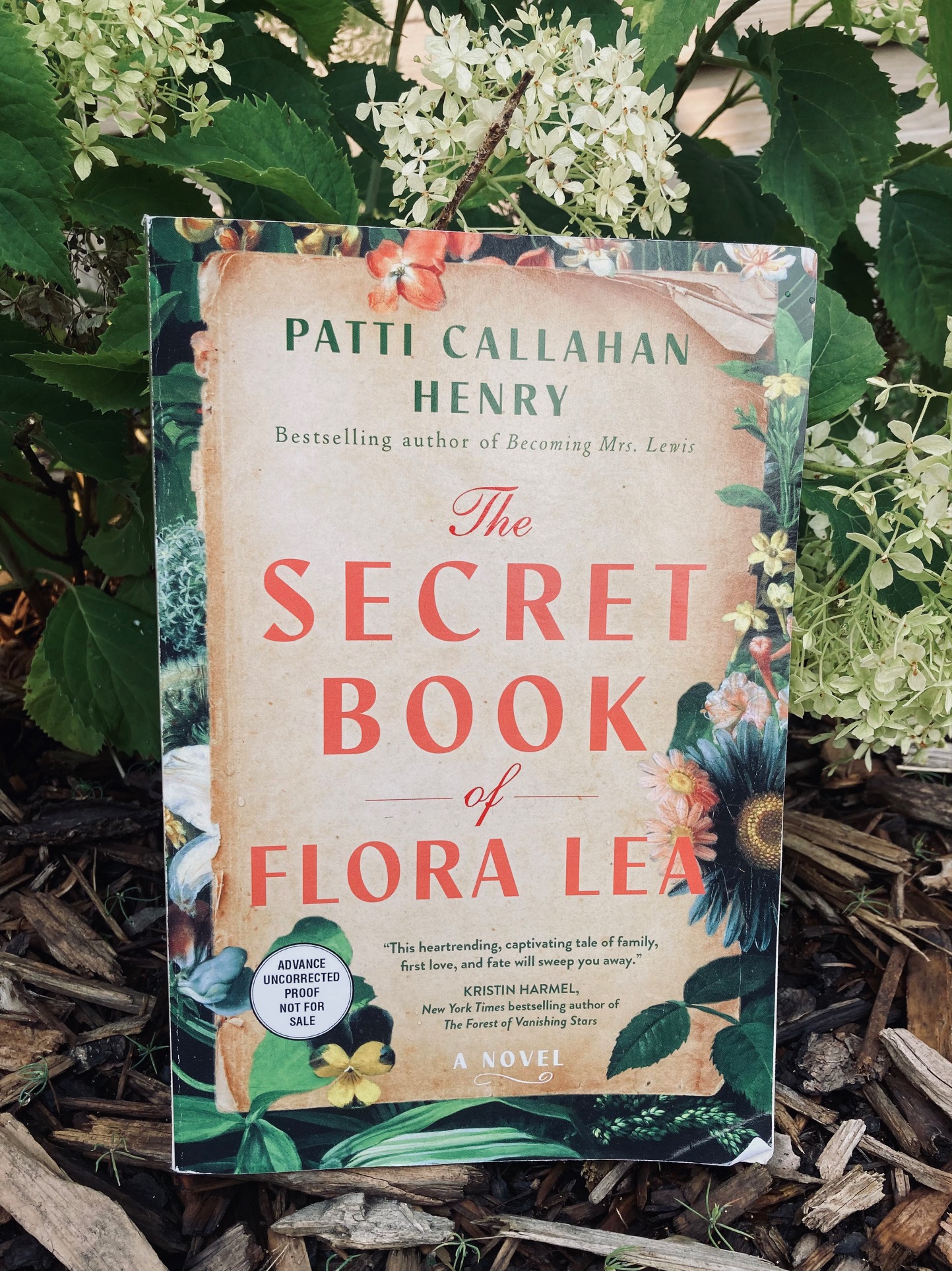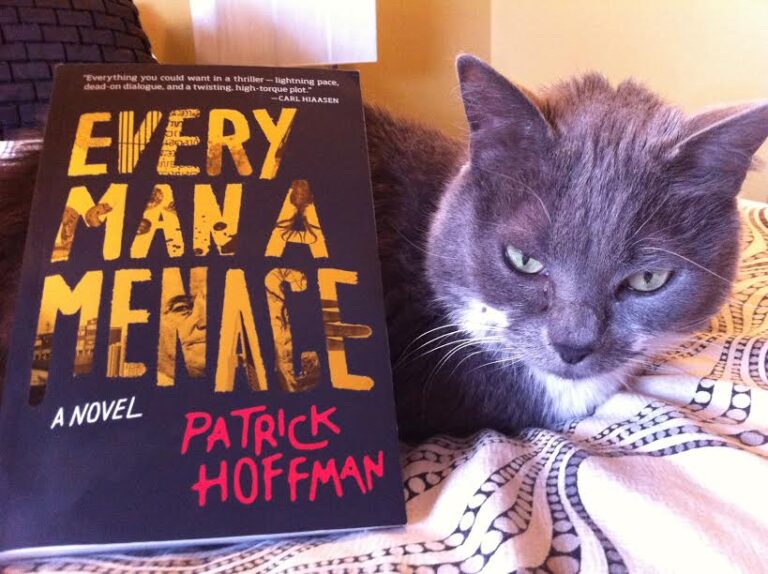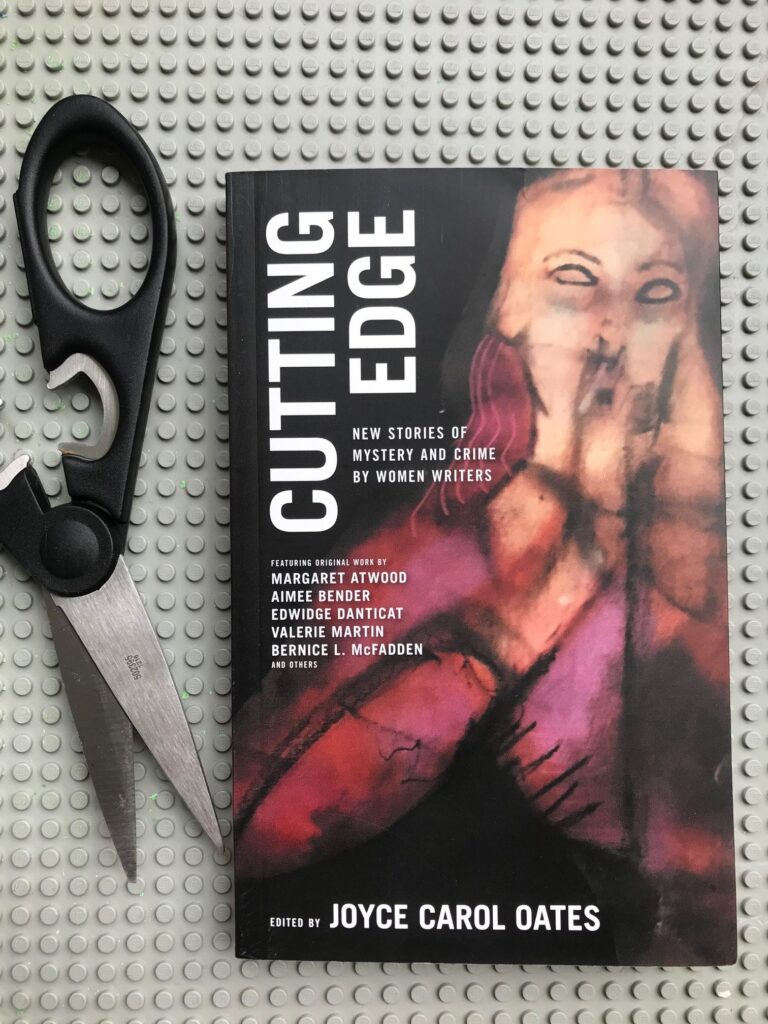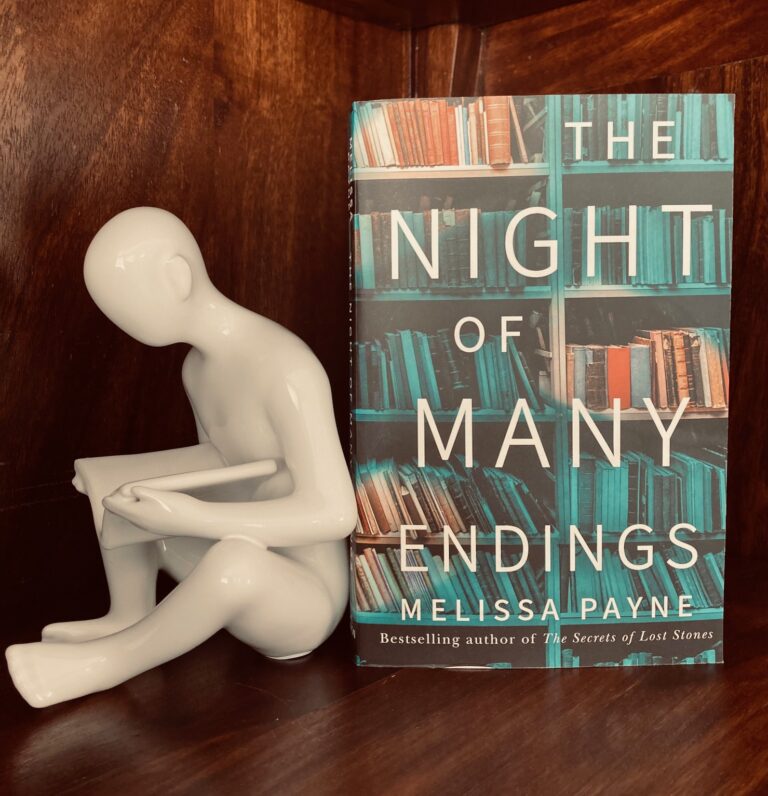Book Review: The Secret Book of Flora Lea by Patti Callahan Henry

I was in need of a lighter story that I knew would whisk me away into a well-developed plot. Also: books about books!!! The Secret Book of Flora Lea by Patti Callahan Henry is a work of historical fiction focusing on the mystery of a lost story and its connection to a lost girl, set against a muted backdrop of WWII. I say muted because the war comes forward in small elements, but it remains the background to a fantasy world that two girls create to protect their childhood from the encroaching horrors of the time period. Engaging and thoughtful, I enjoyed this easy read despite the darkness that threatens to overtake the plot.
Plot Summary
It’s 1960 London, and Hazel’s life is about to take an exciting turn. She has just accepted a coveted position at Sotheby’s, and we meet her on her last day at work at a local rare book shop. Everything seems to be falling into place until she unwraps a strange American book in her last few hours of work at the bookstore. It’s a work of fiction about a place called “Whisperwood”, featuring a river of stars and sounding eerily familiar to Hazel. This novel transports her (and us readers) back to 1939, when Hazel and her younger sister Flora are evacuated from London to the countryside as part of operation “Pied Piper”, a protective measure that temporarily moved children from London to various homes in the countryside for fear of bombing in big cities. Flora and Hazel are placed in a cozy little home on the riverbank of the River Thames, but Flora goes missing one day and never returns. Whisperwood is the name of the fantasy world that Hazel created to help Flora manage in her new surroundings, and it was a secret between the two of them – but now this book mentions all these little details that Hazel shared with only Flora – does it mean that Flora wrote it? Hazel has never given up hope that her sister may still be alive, so using this book as a starting off point, she revisits the people in her life at that time with the intention of finding Flora.
My Thoughts
Despite the early focus on book shops and publishing origins it’s really storytelling that remains the focus of this novel. Imaginative stories gave Flora and Hazel the ability to move through the difficult separation from their mother, and the scary experience of living through a war in a stranger’s home. It is also storytelling that offers Hazel hope as an adult; stories have the power to distract, but also the power to bring people back together. Hazel even sees her own life and childhood tragedy as a story:
“…her wish seemed to grow, the thrill of the idea that Flora might be alive, an incredible ending to a long saga.”
-p.36 of The Secret Book of Flora Lea by Patti Callaghan Henry, ARC edition
The danger of stories, those that people tell, or the delusions we tell ourselves are also touched upon:
“The best stories are soul-making. But stories we tell about ourselves, and even the harrowing ones told by others about us, can also be soul-destroying. We have to choose what is good and true, not what will destroy.”
-p.186 of The Secret Book of Flora Lea, ARC edition
This book is an example of a good story – one that keeps readers engaged throughout. The time periods jumping back and forth didn’t feel artificial because we spent a significant time in each, it wasn’t an unnecessary suspense building mechanism. There was an element of romance that complimented Hazel’s trials rather than overcame them, and its focus on childhood imagination was a positive element that helped balance out the unseen terror of the war.
Operation Pied Piper didn’t always result in children being placed in welcoming homes, and Henry includes a close friend of Hazel’s and some other minor characters to demonstrate how it could go wrong, but this all remains secondary to telling the story of Flora’s disappearance. I was surprised by the result of Hazel’s investigations, but it meant that the overall tone of the book continued uninterrupted, so in a way it’s its own reward to reach the end.
I may not have been wowed by this book, but I certainly did enjoy it. It’s a pleasant read that demonstrates the impressive skills of a seasoned storyteller, and it’s one I could easily recommend to others, especially as a light vacation read.






I’m always a bit wary when I see an American author setting their book in Britain because they so often get the language wrong. I think we’re all fooled by the fact that theoretically we all speak English, but it’s not the same English! But it does sound like a interesting story – war-time evacuations don’t seem to have been explored as much in fiction as they could be.
It’s funny that never even occurs to me, the background of the author, but you bring up a very good point! Not alot of Americans setting books in Canada, so I don’t notice much haha
This will be a popular book at the library. People really like her books. I’ve never tried her before.
I see she has quite the list of books written. She’s very commercial but I enjoyed it!
Thanks for pointing out that the timelines matter and aren’t just to would the truth (looking at you, Ruth Ware). Two timelines as a literary device is so hard to get right.
And it’s so common these days!